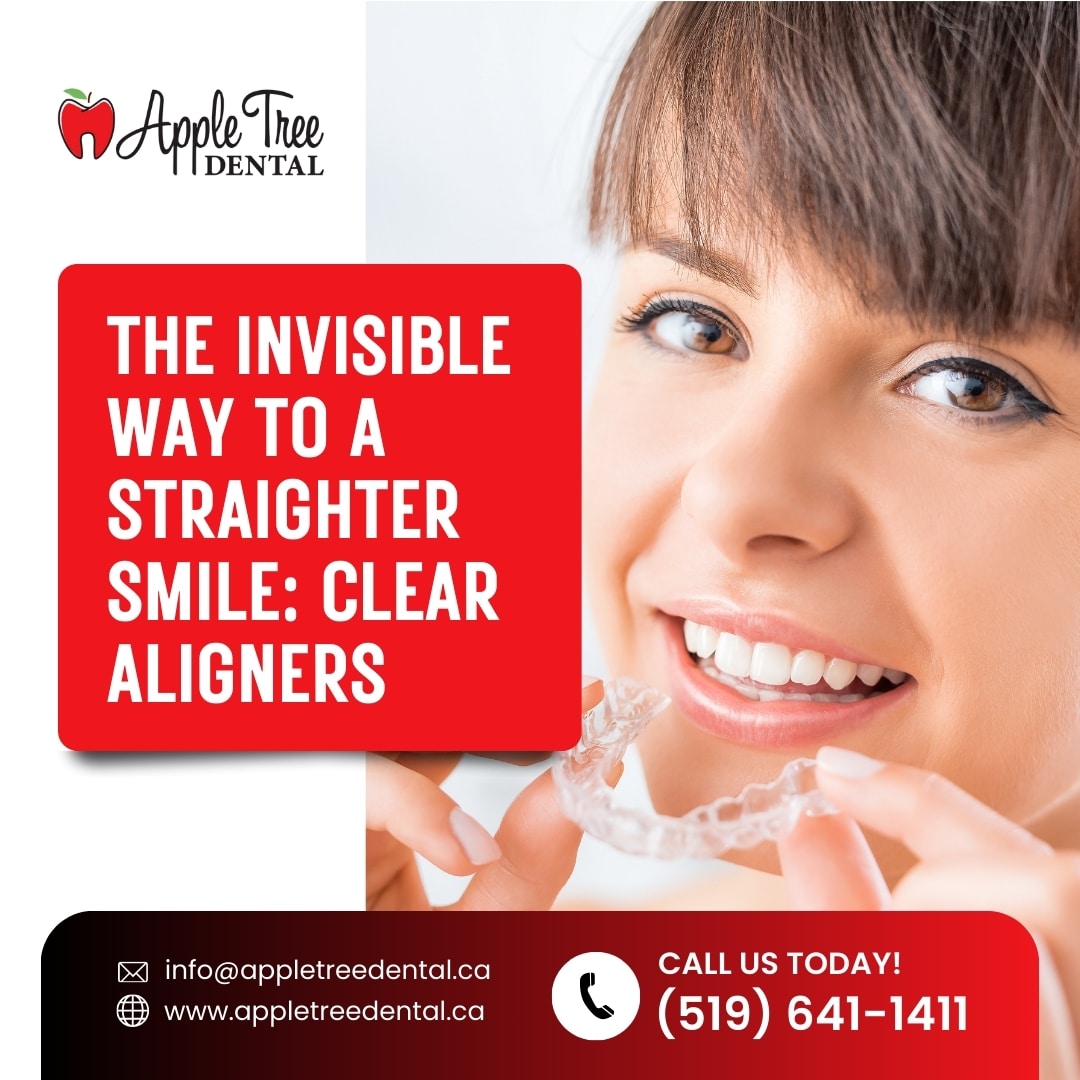6 Tips For Quick Recovery Post Wisdom Tooth Extraction
Blog
6 Tips For Quick Recovery Post Wisdom Tooth Extraction
Introduction:
We have compiled this article on “6 Tips For Quick Recovery Post Wisdom Tooth Extraction”. The reference links are at the bottom of the article.
[1]Pain, swelling and trismus are common complications associated with third molar surgery. These complications have been reported to have an adverse effect on the quality of life of patients undergoing third molar surgery. Inflammatory complications after third molar surgery still remains an important factor in quality of life of patients at the early postoperative periods. Oral surgeons should be aware of the different modalities of alleviation of these complications to make postoperative recovery more comfortable for patients.
Surgical excision of a normal tissue in order to create a ‘window’ for evacuation of inflammatory exudates needs a second thought. In surgical practice, it is quite unusual to excise normal tissues without associated pathology except in few occasions such as excision of malignant conditions or benign lesions with high recurrent potentials, where some margin of normal tissue is taken along with the lesion to ensure adequate clearance. Thus, excision of normal mucosa as a means of evacuating inflammatory exudates appears to deviate from good surgical principles and should be discouraged. In addition, the process of tissue excision may add to the surgical trauma and may presumably result in prolonged operation time and delayed healing.
[2]Platelet-rich fibrin (PRF) is a fibrin matrix composed of cells, cytokines, and growth factors, which may be liberated from blood at specific times and act as a resorbable membrane. Many studies have demonstrated the benefits of PRF for bone healing in oral and maxillofacial implant surgery. Our study assesses the impact of PRF on postoperative complications following the extraction of impacted wisdom teeth. Based on the outcomes of our study, implanting PRF into surgical extraction sites can be helpful in reducing postoperative pain and improving soft tissue healing. The use of PRF in extraction sockets is simple and biologically safe. The beneficial effects of PRF support its possible application in the field of dental surgery.
[3]Oral Examination
With an oral examination and x-rays of the mouth, our doctors can evaluate the position of the wisdom teeth and predict if there are present or future potential problems. Studies have shown that early evaluation and treatment result in a superior outcome for the patient. Patients are generally first evaluated in the mid-teenage years by their dentist, orthodontist, or by an oral and maxillofacial surgeon.
Why Should I Have My Wisdom Teeth Removed?
If you do not have enough room in your mouth for your third molars to fully erupt, a number of problems can happen. Impacted wisdom teeth should be removed before their root structure is fully developed. In some patients it is as early as 12 or 13, and in others it may not be until the early twenties.
What If I Don’t Have My Wisdom Teeth Removed As A Teenager Or Young Adult?
As wisdom teeth develop, the roots become longer and the jaw bone more dense.When it is necessary to remove impacted wisdom teeth in your thirties, forties or beyond, the post-operative course can be prolonged and there is a higher complication rate. Treating these complications is often more difficult and less predictable than with a younger patient. Healing may be slower and the chance of infection can be increased. If your impacted wisdom teeth are not removed in your teenage years or early in your twenties and they are completely impacted in bone, it may be advisable to wait until a localized problem (such as cyst formation or localized gum disease and bone loss) develops. In general, you will heal faster, more predictably and have fewer complications if treated in your teens or early twenties.
What Happens On The Day Wisdom Teeth Are Removed?
Most people prefer to be unaware of the experience when they have their wisdom teeth removed and usually decide to be sedated. You will be provided with appropriate anesthesia options at your consultation. All outpatient surgery is performed under appropriate anesthesia to maximize your comfort. Our office staff has the training, licensing, and experience to provide the various types of anesthesia. These services are provided in an environment of optimum safety, utilizing modern monitoring equipment and a well trained experienced staff. The Surgical Care Team, the office facilities, and the doctors are inspected on behalf of the Board of Dental Examiners on a regular basis.
On the day of your procedure, you will take medications to help minimize post-operative pain and swelling. We ask that a parent or responsible adult accompanies you to the office and plans to stay with you the rest of the day. The procedure will take about 30 to 60 minutes and you will probably be in the office for 90 minutes. Recent advances in medicine and technology allow patients to undergo wisdom tooth removal in a manner, which promotes rapid healing and minimal post-operative discomfort. State of the art sterilization and infection control techniques are used at all times.
On the morning or afternoon of your surgery, it is essential that you have nothing to eat or drink (excluding prescription medications with a sip of water) for at least 6 hours (preferably longer). This does not mean you should try to fit in one “last meal” exactly six hours before your surgery. Having anything in your stomach can increase the risk for serious anesthetic complications, including nausea and vomiting. Your procedure will be rescheduled if you have not heeded these guidelines. We may provide you with a prescription for pain medication at your consultation appointment, which for your convenience, can be filled in advance. When you are seated in the surgical room, we will make every effort to make you as comfortable as possible. If you are going to be sedated, we usually will place an IV in your left arm. This is a quick and nearly painless procedure that ensures optimal delivery of your medication. Local anesthesia is given to you afterwards to ensure comfort, and allow adequate time to travel home and rest. You will be sleepy for a significant portion of the day.
-
https://www.sciencedirect.com/science/article/pii/S1658361221000421 ↑
-
https://www.uthscsa.edu/patient-care/dental/services/wisdom-teeth-removal ↑
Conclusion:
Thank you for reading this article, and check back frequently for other dental health articles. Should you have any questions, please contact Apple Tree Dental today!
Article compiled by Apple Tree Dental







